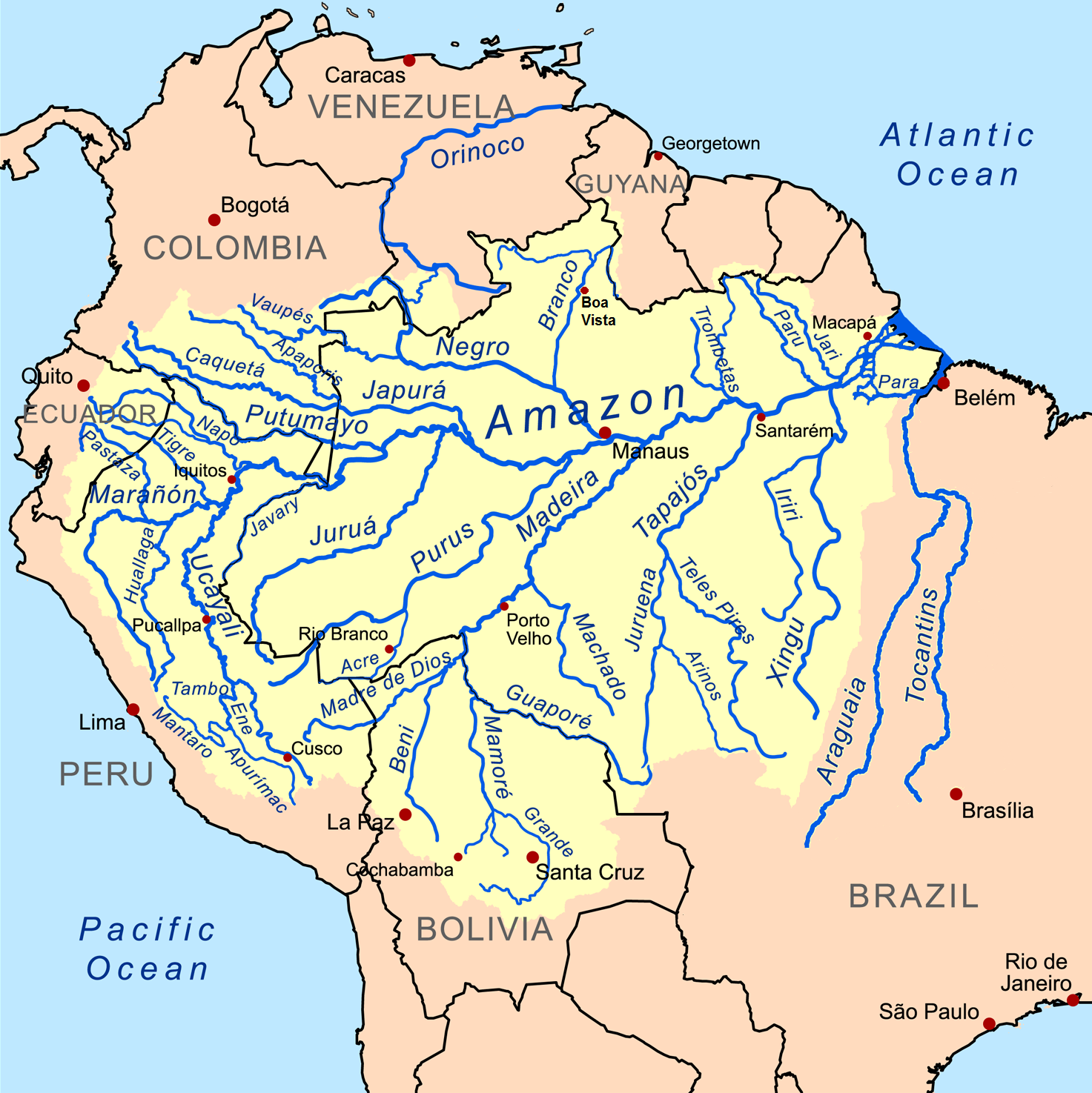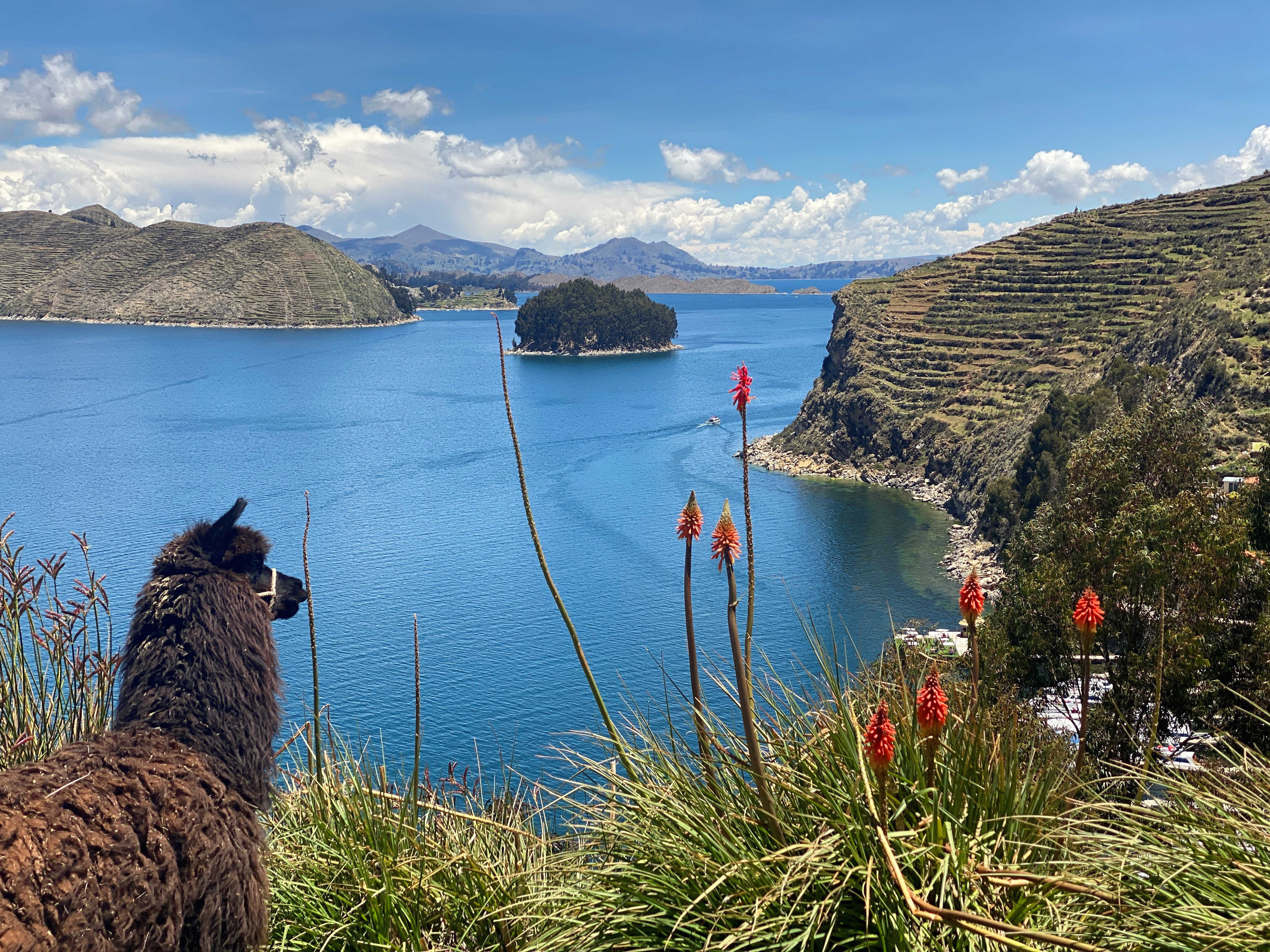|
Conquistadors (TV Series)
''Conquistadors'' (2000) is a documentary retelling of the story of the Spanish expeditions of conquest of the Americas. In this 4-part series historian Michael Wood travels in the footsteps of the Spanish expeditions, from Amazonia to Lake Titicaca, and from the deserts of North Mexico to the heights of Machu Picchu Machu Picchu is a 15th-century Inca citadel located in the Eastern Cordillera of southern Peru on a mountain ridge at . Often referred to as the "Lost City of the Incas", it is the most familiar icon of the Inca Empire. It is located in the .... Episode list # "The Fall of the Aztecs" # "The Conquest of the Incas" # "The Search for El Dorado" # "All the World is Human" References Web site https://www.pbs.org/conquistadors/ {{DEFAULTSORT:Conquistadors BBC television documentaries about history British military television series 2000s British documentary television series 2000 British television series debuts 2000 British television series endings [...More Info...] [...Related Items...] OR: [Wikipedia] [Google] [Baidu] |
Documentary
A documentary film (often described simply as a documentary) is a nonfiction Film, motion picture intended to "document reality, primarily for instruction, education or maintaining a Recorded history, historical record". The American author and Media studies, media analyst Bill Nichols (film critic), Bill Nichols has characterized the documentary in terms of "a filmmaking practice, a cinematic tradition, and mode of audience reception [that remains] a practice without clear boundaries". Research into information gathering, as a behavior, and the sharing of knowledge, as a concept, has noted how documentary movies were preceded by the notable practice of documentary photography. This has involved the use of singular Photograph, photographs to detail the complex attributes of History, historical events and continues to a certain degree to this day, with an example being the War photography, conflict-related photography achieved by popular figures such as Mathew Brady during the Am ... [...More Info...] [...Related Items...] OR: [Wikipedia] [Google] [Baidu] |
Michael Wood (historian)
Michael David Wood (born 23 July 1948) is an English historian and broadcaster. He has presented numerous well-known television documentary series from the late 1970s to the present day. Wood has also written a number of books on English history, including '' In Search of the Dark Ages'', ''The Domesday Quest'', '' The Story of England'', and ''In Search of Shakespeare''.Michael Wood Biography (PBS). He was appointed Professor of Public History at the in 2013. [...More Info...] [...Related Items...] OR: [Wikipedia] [Google] [Baidu] |
Howard Davidson
Howard Davidson is a composer of music for film, television, radio and the theatre. Davidson has over 300 scores to his credit, many in collaboration with noted documentary maker Michael Wood and made for the BBC and PBS. His orchestral scores have been performed by the BBC Concert Orchestra, and both the Royal Philharmonic and Philharmonia Orchestras. Radio credits include Iris Murdoch's '' Under the Net'', Nabokov's '' Laughter in the Dark'' and Terre Haute by Edmund White. For television, recent productions include Titanic-Birth of a Legend and Michael Wood's In Search of Shakespeare, In Search of Myths & Heroes and more recently The Story of India. He is a Professor of Composition for Screen at the Royal College of Music, London London is the Capital city, capital and List of urban areas in the United Kingdom, largest city of both England and the United Kingdom, with a population of in . London metropolitan area, Its wider metropolitan area is the largest in We ... [...More Info...] [...Related Items...] OR: [Wikipedia] [Google] [Baidu] |
Amazon Basin
The Amazon basin is the part of South America drained by the Amazon River and its tributary, tributaries. The Amazon drainage basin covers an area of about , or about 35.5 percent of the South American continent. It is located in the countries of Bolivia, Brazil, Colombia, Ecuador, Guyana, Peru, Suriname, and Venezuela, as well as the territory of French Guiana. Most of the basin is covered by the Amazon rainforest, also known as Amazon rainforest, Amazonia. With a area of dense tropical forest, it is the largest rainforest in the world. Geography The Amazon River begins in the Andes, Andes Mountains at the west of the basin with its main tributary the Marañón River and Apurímac River, Apurimac River in Peru. The highest point in the Drainage divide, watershed of the Amazon is the second biggest peak of Yerupajá at . The Amazon River Basin occupies the entire central and eastern area of South America, lying to the east of the Andes mountain range and extending from th ... [...More Info...] [...Related Items...] OR: [Wikipedia] [Google] [Baidu] |
Lake Titicaca
Lake Titicaca (; ; ) is a large freshwater lake in the Andes mountains on the border of Bolivia and Peru. It is often called the highest navigable lake in the world. Titicaca is the largest lake in South America, both in terms of the volume of water and surface area.Grove, M. J., P. A. Baker, S. L. Cross, C. A. Rigsby and G. O. Seltzer 2003 Application of Strontium Isotopes to Understanding the Hydrology and Paleohydrology of the Altiplano, Bolivia-Peru. ''Palaeogeography, Palaeoclimatology, Palaeoecology'' 194:281-297. It has a surface elevation of . Overview The lake is located at the northern end of the endorheic Altiplano basin high in the Andes on the border of Peru and Bolivia. The western part of the lake lies within the Puno Region of Peru, and the eastern side is located in the Bolivian La Paz Department (Bolivia), La Paz Department. The lake consists of two nearly separate subbasins connected by the Strait of Tiquina, which is across at the narrowest point. The lar ... [...More Info...] [...Related Items...] OR: [Wikipedia] [Google] [Baidu] |
North Mexico
Northern Mexico ( ), commonly referred as , is an informal term for the northern cultural and geographical area in Mexico. Depending on the source, it contains some or all of the states of Baja California, Baja California Sur, Chihuahua, Coahuila, Durango, Nuevo León, Sinaloa, Sonora and Tamaulipas. There is no specific border that separates the northern states from the southern states in Mexico. For some authors, only states that have a border with the United States are considered as northern Mexico, i.e. Baja California, Chihuahua, Coahuila, Nuevo León, Sonora and Tamaulipas. Others also include Durango, Sinaloa and Baja California Sur. Other people consider that the north starts above the Tropic of Cancer, but this description would include some parts of Zacatecas and San Luis Potosí that are not considered northern states. History Before colonization It is not known precisely when the first settlers came to northern Mexico. The harsh climate in the region limited t ... [...More Info...] [...Related Items...] OR: [Wikipedia] [Google] [Baidu] |
Machu Picchu
Machu Picchu is a 15th-century Inca citadel located in the Eastern Cordillera of southern Peru on a mountain ridge at . Often referred to as the "Lost City of the Incas", it is the most familiar icon of the Inca Empire. It is located in the Machupicchu District within the Urubamba Province above the Sacred Valley, which is northwest of the city of Cusco. The Urubamba River flows past it, cutting through the Cordillera and creating a canyon with a subtropical mountain climate. The Inca civilization had no written language and following the first encounter by the Spanish soldier Baltasar Ocampo, no Europeans are recorded to have visited the site from the late 16th century until the 19th century. As far as historical knowledge extends, there are no existing written records detailing the site during its period of active use. The leading theory is that Machu Picchu was a private city for Incan royalty. The names of the buildings, their supposed uses, and their inhabitants, ... [...More Info...] [...Related Items...] OR: [Wikipedia] [Google] [Baidu] |
IMDb
IMDb, historically known as the Internet Movie Database, is an online database of information related to films, television series, podcasts, home videos, video games, and streaming content online – including cast, production crew and biographies, plot summaries, trivia, ratings, and fan and critical reviews. IMDb began as a fan-operated movie database on the Usenet group "rec.arts.movies" in 1990, and moved to the Web in 1993. Since 1998, it has been owned and operated by IMDb.com, Inc., a subsidiary of Amazon. The site's message boards were disabled in February 2017. , IMDb was the 51st most visited website on the Internet, as ranked by Semrush. the database contained some million titles (including television episodes), million person records, and 83 million registered users. Features User profile pages show a user's registration date and, optionally, their personal ratings of titles. Since 2015, "badges" can be added showing a count of contributions. These badges rang ... [...More Info...] [...Related Items...] OR: [Wikipedia] [Google] [Baidu] |
BBC Television Documentaries About History
The British Broadcasting Corporation (BBC) is a British public service broadcaster headquartered at Broadcasting House in London, England. Originally established in 1922 as the British Broadcasting Company, it evolved into its current state with its current name on New Year's Day 1927. The oldest and largest local and global broadcaster by stature and by number of employees, the BBC employs over 21,000 staff in total, of whom approximately 17,200 are in public-sector broadcasting. The BBC was established under a royal charter, and operates under an agreement with the Secretary of State for Culture, Media and Sport. Its work is funded principally by an annual television licence fee which is charged to all British households, companies, and organisations using any type of equipment to receive or record live television broadcasts or to use the BBC's streaming service, iPlayer. The fee is set by the British government, agreed by Parliament, and is used to fund the BBC's radio, ... [...More Info...] [...Related Items...] OR: [Wikipedia] [Google] [Baidu] |
British Military Television Series
British may refer to: Peoples, culture, and language * British people, nationals or natives of the United Kingdom, British Overseas Territories and Crown Dependencies. * British national identity, the characteristics of British people and culture * British English, the English language as spoken and written in United Kingdom of Great Britain and Northern Ireland and, more broadly, throughout the British Isles * Celtic Britons The Britons ( *''Pritanī'', , ), also known as Celtic Britons or Ancient Britons, were the Celtic people who inhabited Great Britain from at least the British Iron Age until the High Middle Ages, at which point they diverged into the Welsh, ..., an ancient ethno-linguistic group * Brittonic languages, a branch of the Insular Celtic language family (formerly called British) ** Common Brittonic, an ancient language Other uses *People or things associated with: ** Great Britain, an island ** British Isles, an island group ** United Kingdom, a sovereig ... [...More Info...] [...Related Items...] OR: [Wikipedia] [Google] [Baidu] |
2000s British Documentary Television Series
S, or s, is the nineteenth letter of the Latin alphabet, used in the English alphabet, the alphabets of other western European languages and other latin alphabets worldwide. Its name in English is ''ess'' (pronounced ), plural ''esses''. History Northwest Semitic šîn represented a voiceless postalveolar fricative (as in 'ip'). It originated most likely as a pictogram of a tooth () and represented the phoneme via the acrophonic principle. Ancient Greek did not have a "sh" phoneme, so the derived Greek letter Sigma () came to represent the voiceless alveolar sibilant . While the letter shape Σ continues Phoenician ''šîn'', its name ''sigma'' is taken from the letter ''Samekh'', while the shape and position of ''samekh'' but name of ''šîn'' is continued in the '' xi''. Within Greek, the name of ''sigma'' was influenced by its association with the Greek word (earlier ), "to hiss". The original name of the letter "Sigma" may have been ''san'', but due to the ear ... [...More Info...] [...Related Items...] OR: [Wikipedia] [Google] [Baidu] |



